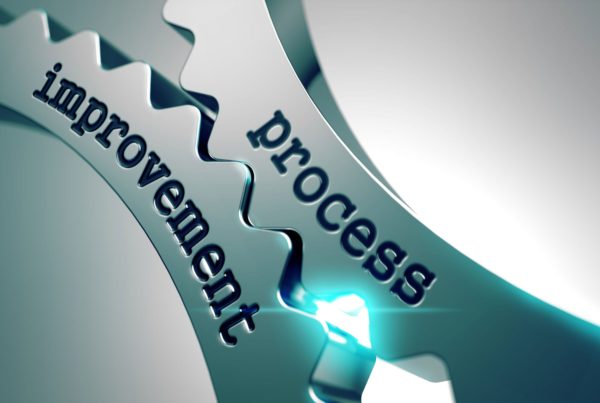We are surrounded by standards everywhere, but how did standards come to be?
To begin with, the first example of standardization was the invention of the calendar over 20,000 years ago. Of course, this calendar was not like the ones we use today (365-day, 12-month calendars that are most likely covered with cat pictures), but it set the foundation for dealing with the passage of time in a consistent manner.
Standardization has evolved over time and has been a leading driver of human development. Today, there are standards for every product, practice, and method we interact with.
The International Standards Organization (ISO) was founded based on the vision to answer a question we ask ourselves every day: “What is the best way of doing this?” Today, ISO alone offers 21,633 standards that touch our lives every day. In fact, just like how products are standardized to meet certain specifications, organizations can standardize the way they manage their business by implementing standardized management systems. Ultimately these systems help to guide and control their actions, and some of the most widely known and used management systems today include:
- ISO 9001 – Quality Management System
- ISO 14001 – Environment Management System
- OHSAS 18001 – Occupational Health and Safety
- HACCP – Hazard Analysis and Critical Control Points (Food Safety)

Why does it make sense to standardize your business?
Regardless of which management system(s) you use to run your business, they can offer numerous benefits that allow you to leverage your operations to the next level.
- Management Systems developed by international bodies provide your business with best practices developed by experts. These experts have worked with various organizations of differing sizes and industries operating in different geographic locations. They have seen it all and have developed systems that can be implemented in any organizational context.
- Your supply chain will receive a boost of confidence when partners use the same management systems! As supply chains become more scattered across the world, it helps to have visibility into how your partners operate and how they manage their environmental impact, quality efforts, or continuous improvement (based on the systems they utilize). If you and your partners operate your businesses in a consistent manner, you will be able to better coordinate and communicate your efforts, regardless of the languages you speak.
- Standardized management systems such as ISO 9001 can also positively impact how your business operates. Management systems set up your business and its functions a certain way, and they drive your firm to consistently provide products and services that meet customer needs and regulatory requirements. They develop a workflow, communication, and planning in a way that structures and guides business improvement and risk management, focusing on proactive management practices.
- Standards can also provide your firm with increased credibility. Due to the brand recognition and mandatory auditing requirements of standardized management systems, they will provide your firm with a degree of credibility and trust to parties that are not familiar with you. This is especially valuable when you are entering new markets where your brand has yet to be established.
Overall, making use of standardized management systems can help boost confidence in your firm and its products, help you reach new markets, and establish a more stable supply chain. These systems can improve your credibility and competitiveness in the market and increase the consistency of your products, services, and interactions; ensuring that you are regularly meeting the expectations of your customers.
How do you go about implementing a system such as ISO 9001 in your business?
Your first step is to commit to becoming certified by deciding at the top management level that your firm is seeking to install a management system. It is this level alone that can allocate the necessary resources and develop the needed support in the organization for such an undertaking. Their support and leadership is essential!
Next, select an internal project manager to oversee and coordinate the effort. The person responsible for Quality Assurance is often a suitable choice for this role as they should have an understanding of the flow of work and information, the systems currently in place, and the interdependencies and interrelations of functions within the business.
Finally comes the first major decision you will need to make. Implementing a management system is a time consuming and resource-intensive task, so you will need to decide whether to bring in a consultant or use your own resources.
This is an area where Propel Solutions can help you out!
We are trusted and experienced experts in implementing management systems, and we would be happy to help see this process through with you. This can allow your firm to continue business without any major interruptions while our consultants do the work in the background to establish the baseline, identify gaps, and work with your team to create corrective action plans.
Due to our expertise in system implementation, we can quickly bring your organization up to spec. And in the process, we may be able to identify opportunities to help improve your business even further!
If you are considering implementing a Management System, feel free to reach out to us! We would be happy to help you identify the most suitable choices for your business and help take your business to the next level!








